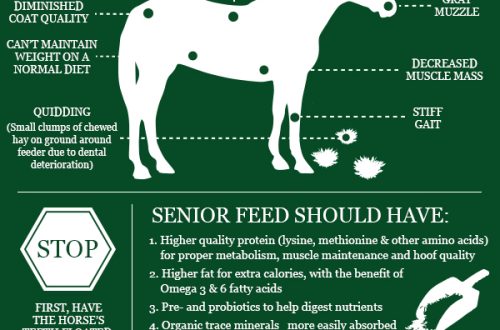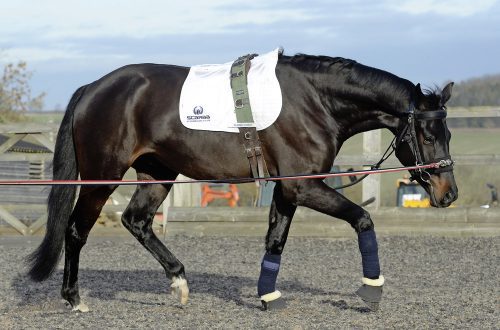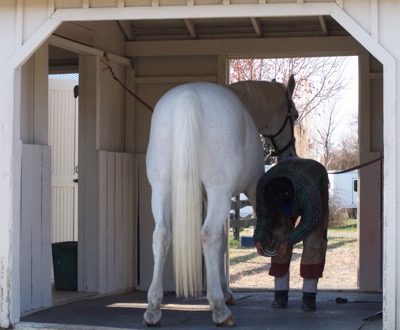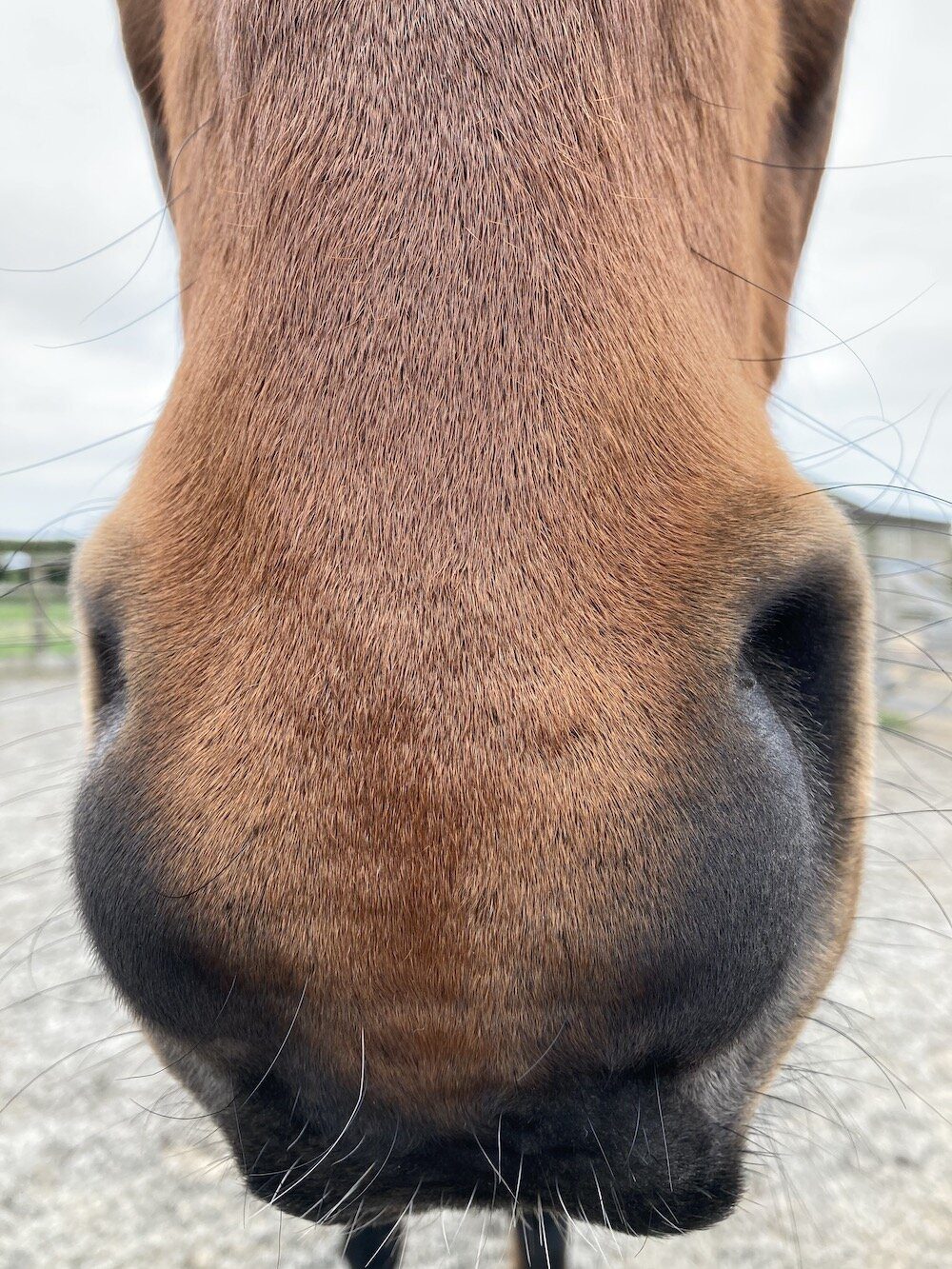
“Why do horses ‘smile’, or something about a horse’s sense of smell”
Smells play a huge role in the life of horses. The sense of smell helps the horse choose edible plants, find a herd in conditions of poor visibility, or smell predators from afar.
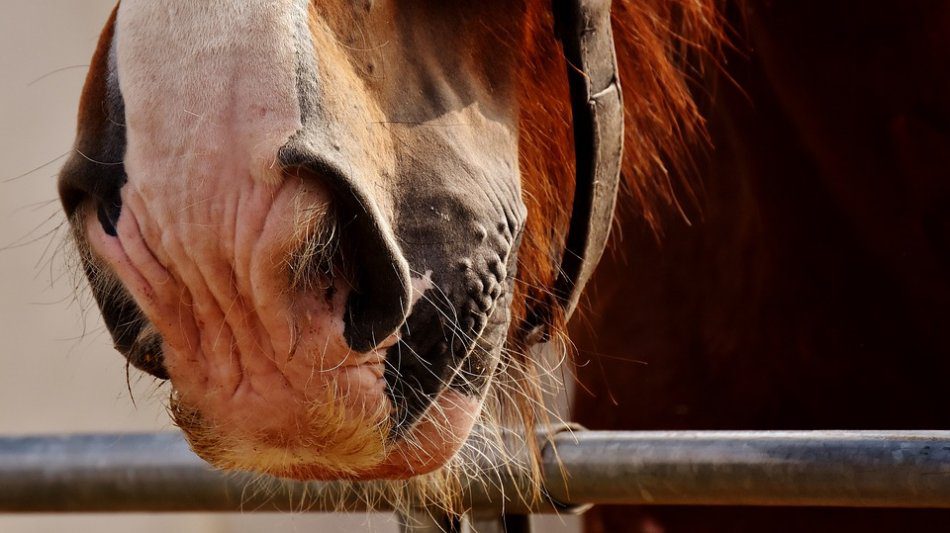

Photo: maxpixel.net
Why do horses “smile”, or what is a horse’s vomeronasal organ?
If the horse smells some interesting smell, he draws in air, directing his nostrils to this smell. And sometimes you can see how a horse, after inhaling several times, raises its head, stretching its neck, and ridiculously raises its upper lip, exposing its gums and teeth.
This movement is often thought of as a horse’s smile, but it is actually called a “flehmen” and the horse “flehmen” at the same time. Stallions flare more often, usually by smelling the dung or urine of other horses. Why do they do it?
When a horse flemuths, the smell enters the nasal cavity. The horse touches the source of the smell with his upper lip, and then, stretching his neck and lifting his upper lip, makes sure that the smallest chemical particles collected by the upper lip are directly in front of the nostrils. At this moment, the horse tenses all the muscles of the muzzle, which is why it seems to “goggle” the eyes, since efforts are required to create a “pump” that will draw the particles through the nasal cavity into the paired vomeronasal organ. It is with the help of the vomeronasal organ that the horse determines whether the partner is ready for mating, which means that this organ is involved in the regulation of sexual behavior.
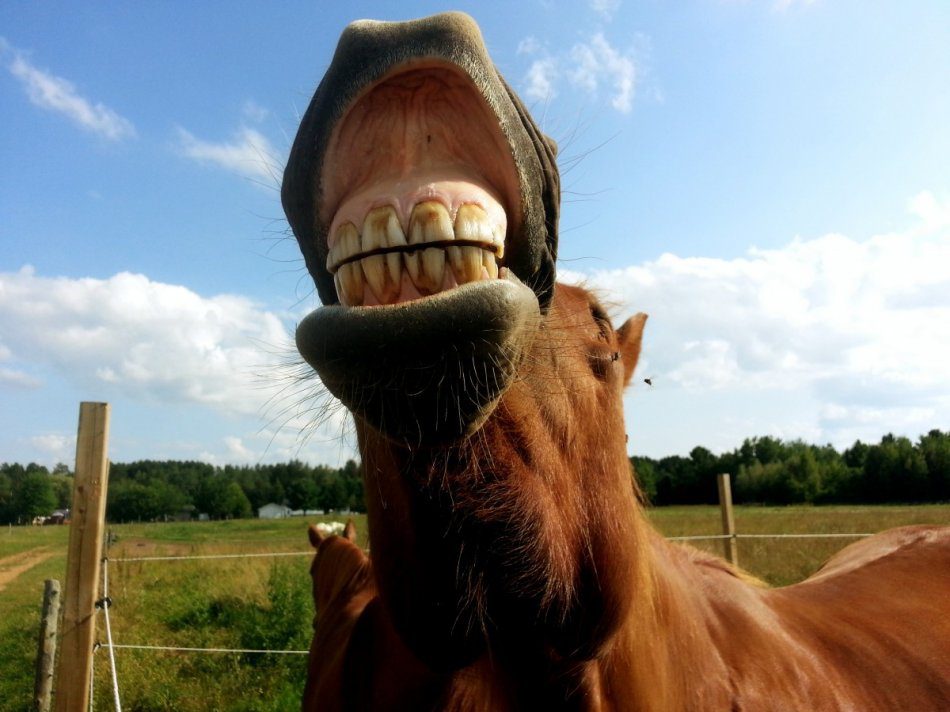



In the photo: the horse is flaming. Photo: www.pxhere.com
However, studies have shown that the vomeronasal organ performs not only this function. It is also involved in the formation and maintenance of social bonds, is important for parental and aggressive behavior. True, these studies were carried out on rodents, however, if you watch the horses, you can see that before the fight, the stallions leave groups, inviting the opponent to sniff them, and flare. And the mare flams after sniffing the membranes and fluid at the birthing site. So the vomeronasal organ may be more important than once thought.





